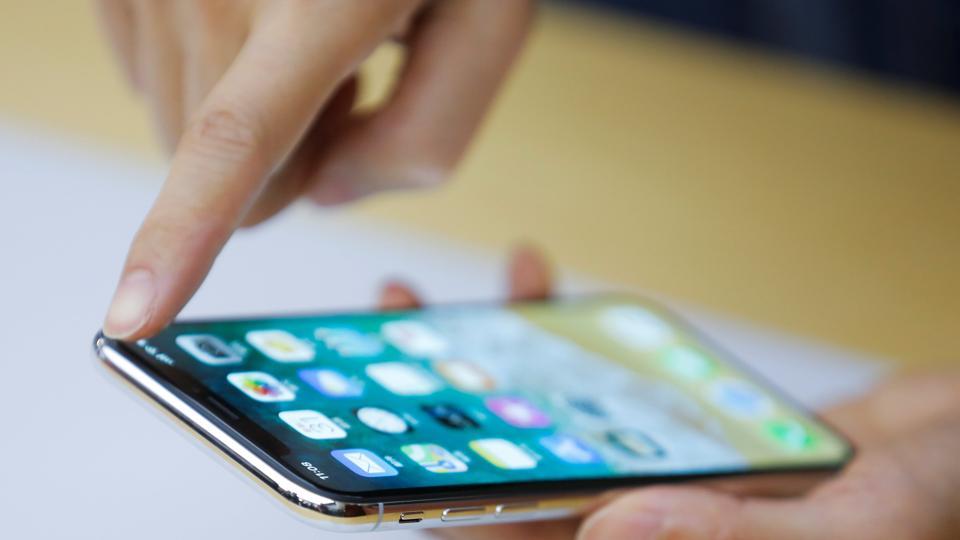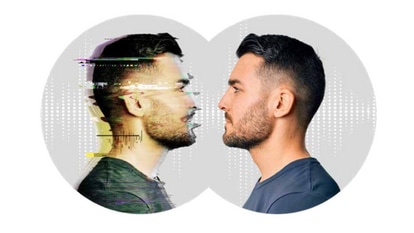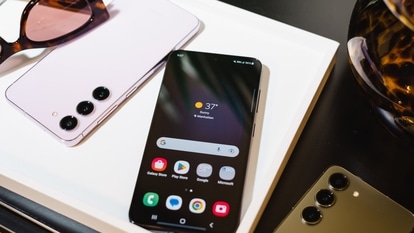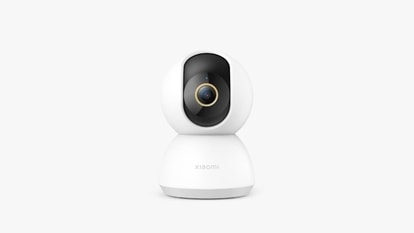Here’s why older iPhones have poor battery life and how to fix it
Can’t figure out why your old iPhone’s battery has degraded over time? Read on.

John Poole, founder of Primate Labs, the company behind the popular benchmarking platform Geekbench, earlier this week claimed that iPhone 6 and iPhone 7 phones comes with a software-based issue wherein Apple allegedly throttles the performance in order to extend the battery life.
Battery life has been one of the major painpoints for iPhone users. If you have been using an older iPhone, you might have noticed a drop in battery life over a period of time. A common conception is that newer versions of iOS aren't that well optimised for older iPhones, and hence drain battery life. While it may be true to some extent, there are way too many factors involved in determining the battery life of a phone.
While there are various workarounds such as using power mode and disabling radios and location services to extend the battery life, you need to understand the fundamentals of how batteries on the iPhone work.
Apple's iPhones use lithium-ion battery which tends to degrade after some time and have a limited lifespan. For instance, Apple iPhones have 500 complete charge cycles whereas Apple Watch has 1,000 complete charge cycles before they start to deteriorate.


Now, here's what you need to understand about the charge cycles. A charge cycle is generally referred to the process of charging a phone to 0% to 100%. This does not mean that if you put your phone on charge at 60% and then add another 40% it will be counted as two separate cycles. In fact, they combine for one complete battery charge cycle.
On moderate to light usage, an iPhone may last one day before hitting the critical 15% or 20% battery. So, if you charge your iPhone once a day, you can continue to do so for next 500 days (roughly one and half years).
So, what happens next when you complete 500 complete charge cycles? According to Apple, the iPhone battery retains at least 80% of their original capacity for a high number of charge cycles, which varies depending on the product.
"There's no need to let it discharge 100% before recharging. Apple lithium-ion batteries work in charge cycles. You complete one charge cycle when you've used (discharged) an amount that equals 100% of your battery's capacity — but not necessarily all from one charge," Apple explains on its website.
"For instance, you might use 75% of your battery's capacity one day, then recharge it fully overnight. If you use 25% the next day, you will have discharged a total of 100%, and the two days will add up to one charge cycle. It could take several days to complete a cycle. The capacity of any type of battery will diminish after a certain amount of recharging."
In comparison with newer iPhones, say iPhone 8 or iPhone 7, the older iPhones come with a smaller battery size. Hence, their battery life may be much lesser than the modern iPhones.
"Your Apple lithium-ion battery uses fast charging to quickly reach 80% of its capacity, then switches to slower trickle charging. The amount of time it takes to reach that first 80% will vary depending on your settings and which device you're charging. Software may limit charging above 80% when the recommended battery temperatures are exceeded. This combined process not only lets you get out and about sooner, it also extends the lifespan of your battery," Apple further explains.
The amount of battery life you can draw from your iPhone a lot depends upon your usage. If you wish to have more and better battery life from your iPhone, it's highly recommended that you use original or Apple-certified adapters and cables to have the company recommended voltage supply to your phone. You should avoid keeping the iPhone on charge for longer sessions, especially when your phone has already been fully charged.
Catch all the Latest Tech News, Mobile News, Laptop News, Gaming news, Wearables News , How To News, also keep up with us on Whatsapp channel,Twitter, Facebook, Google News, and Instagram. For our latest videos, subscribe to our YouTube channel.


























